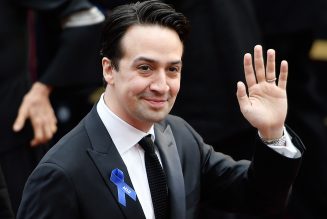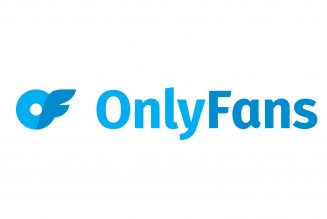Economy
Parliament opens probe on secondary school insurance
Wednesday February 22 2023
The speaker of the National Assembly, Moses Wetangula. FILE PHOTO | DENNIS ONSONGO | NMG
Parliament has opened investigations into the viability of the lucrative secondary school medical cover following claims that parents are paying out of pocket due to system failures.
A petitioner asked the National Assembly’s Public Petitions Committee to review the implementation framework of EduAfya scheme to allow for regular monitoring and evaluation to address emerging challenges.
Read: NHIF CEO risks ouster in board row over schools cover
Parents have complained that the system running the identification and billing of students for EduAfya is often slow or non-responsive forcing them to meet the cost of treatment.
The scheme envisaged that students in public secondary schools access health care services at any hospital at no cost.
“I order that… this petition be committed to the Public Petitions Committee, which should report its findings to the House,” said National Assembly Speaker Moses Wetang’ula.
The petitioner, Joyce Cherono, a nurse, notes since the rollout of the scheme in 2018 to facilitate free access to healthcare for students in public schools, its utility is yet to be optimised.
She links the low uptake of the scheme to the technicalities involved in getting its data from the National Education Management Information System (Nemis) and the lack of monitoring and evaluation to access its effectiveness.
The petitioner reckons the government rolled out the scheme without adequate infrastructure and medical personnel in public schools to offer consultation and referral services.
EduAfya was unveiled during former President Uhuru Kenyatta’s second term as part of the Jubilee administration’s Big Four agenda of offering universal health coverage (UHC).
To implement the scheme, the Ministry of Education contracted the National Health Insurance Fund (NHIF) to offer medical insurance to learners during their studies.
Read: Changing mindsets about insurance
Under the plan, the government pays a premium of Sh1,350 that is deducted from the learner’s capitation to allow them to access outpatient, dental, inpatient, optical, emergency, road rescue and overseas treatment.









